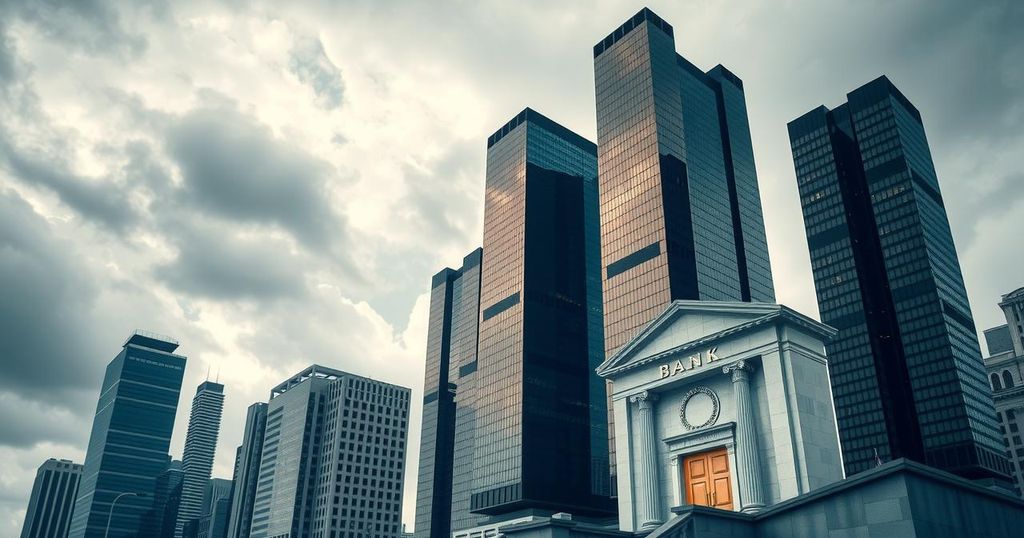MultiChoice Nigeria is raising DStv and GOtv subscription prices due to rising operational costs, effective March 1, 2025. This price increase adds financial strain on many Nigerians amidst harsh economic conditions. With inflation affecting household budgets and alternatives becoming less affordable, many may opt out of subscriptions, reducing access to international news and entertainment.
MultiChoice Nigeria has declared an increase in the monthly subscription fees of its DStv and GOtv services, commencing Saturday, March 1, 2025. Chief Executive Officer John Ugbe stated that the price adjustment is necessitated by escalating operational costs influenced by current economic conditions. This decision follows comprehensive evaluations and underscores the economic challenges faced by the company.
The impending price hike will affect millions of Nigerians, particularly those already vulnerable to economic hardships. The National Communications Commission’s (NCC) recent approval of a 50% increase in airtime and data prices further exacerbates the situation, reducing alternatives for Nigerians wishing to access entertainment online.
Historically, DStv has implemented a series of price hikes over the past nine years, often attributed to rising operational expenses. An analysis by Dataphyte indicates that the premium package alone has seen a staggering 394% increase, from ₦9,000 in 2009 to ₦44,000 in March 2025, significantly impacting consumers’ financial stability.
The recent trend indicates that in May 2023, DStv’s premium package saw a 51.23% increase, transitioning from ₦16,200 to ₦24,500. A subsequent rise of 20.41% in November raised the price to ₦29,500, followed by another increase in May 2024 to ₦37,000. The latest adjustment will further elevate the monthly fee to ₦44,500.
As Nigeria grapples with one of the continent’s highest inflation rates, households are forced to reassess their expenditures, prioritizing essential needs over entertainment. The National Bureau of Statistics reports that inflation briefly dipped to 24.48% in January 2025, yet prices remain prohibitively high, limiting consumers’ discretionary spending.
Many Nigerians may opt out of DStv subscriptions as they seek cheaper alternatives for news and entertainment. This will likely hinder access to reliable international news outlets, as survey data suggests a significant portion of the population relies on these broadcasts for information.
Moreover, viewing centers that have historically provided communal access to entertainment may raise entry fees to accommodate the increased costs imposed by DStv. This situation can lead to social and psychological consequences for many, as traditional meeting places become less accessible due to financial constraints.
Although consumers may consider digital platforms like Netflix and YouTube, rising data costs, following a recent NCC mandate, could also limit their feasibility. Telecommunication companies have been instructed to raise costs by 50%, restricting access to online alternatives for many.
Given the current economic landscape, which continuously strains household budgets, DStv may encounter a reduction in subscriptions unless it reevaluates its pricing strategy. Adjusting its pricing model to better align with consumer economic realities may be essential for sustaining its presence in the Nigerian market.
In conclusion, the upcoming increase in DStv and GOtv subscription fees amid Nigeria’s economic turmoil poses a significant challenge to many households. The historical trend of steep price hikes raises concerns over affordability, while the enhanced costs of data and airtime further complicate access to entertainment. As many Nigerians reassess their financial priorities, DStv must adapt its pricing strategies to ensure continued relevance in the market.
Original Source: dataphyte.com






